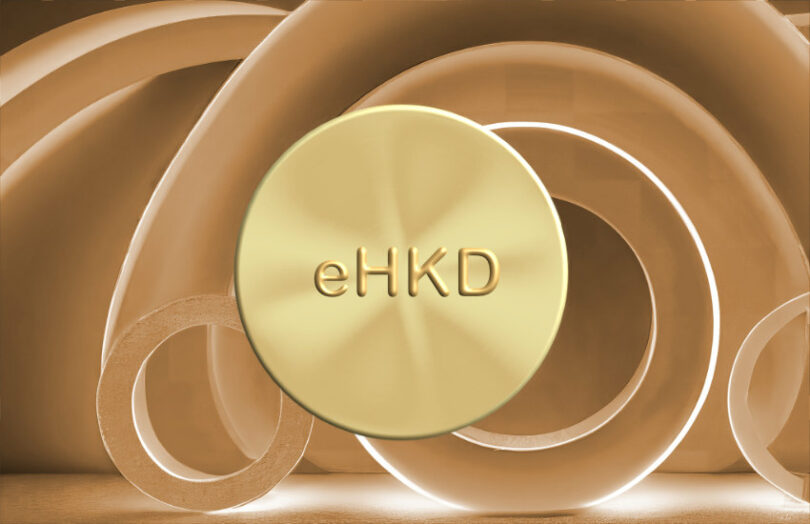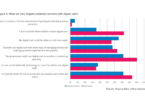Today the Hong Kong Monetary Authority (HKMA) published the results of its first phase of central bank digital currency (CBDC) pilots involving 16 institutions. Given Hong Kong already has sophisticated payment options, it found the most added value from various programmable payment applications. Additionally, it sees benefits for tokenization and atomic settlement. No decision has been made to launch a CBDC, so the trials used hypothetical eHKD.
A few banks have already shared the results of their pilots including Standard Chartered for offline eHKD and the Bank of China (Hong Kong) for programmable CBDC used for prepayments.
Programmable payments
Other programmable payment trials included using the eHKD to enable smaller businesses to be able to afford loyalty programs. Separate pilots from Hang Seng Bank, HSBC and AlipayHK used smart contracts to enable the tracking of payments required for rewards and loyalty. Yet another programmable use case by AlipayHK and Hang Seng Bank was for disbursing government subsidies.
One of the issues with programmable payments is how and where to manage smart contracts. The paper mentions potentially having a repository of smart contract templates, which is similar to China’s approach. In the UK there’s some debate about where to host the smart contracts.
The HKMA is also wary about programmable payments versus programmable money. In the latter case, money can only be used for specific purposes. If this is done on issuance it conflicts with the singleness of money.
Overall the six areas explored during the CBDC pilots were:
- Full-Fledged Payments
- Programmable Payments
- Offline Payments
- Tokenized Deposits
- Settlement Instructions for Web3
- Settlement of Tokenised Assets
The paper considered the pros and cons of using DLT for a retail CBDC. The primary reservation is around scalability. However, the HKMA sees opportunities with DLT for better future interoperability and ease of development.
At least one additional pilot phase is planned. It will delve deeper into some of the Phase 1 use cases and add new ones. It also wants to explore integration with conventional payments, and how the eHKD can complement tokenized deposits.






